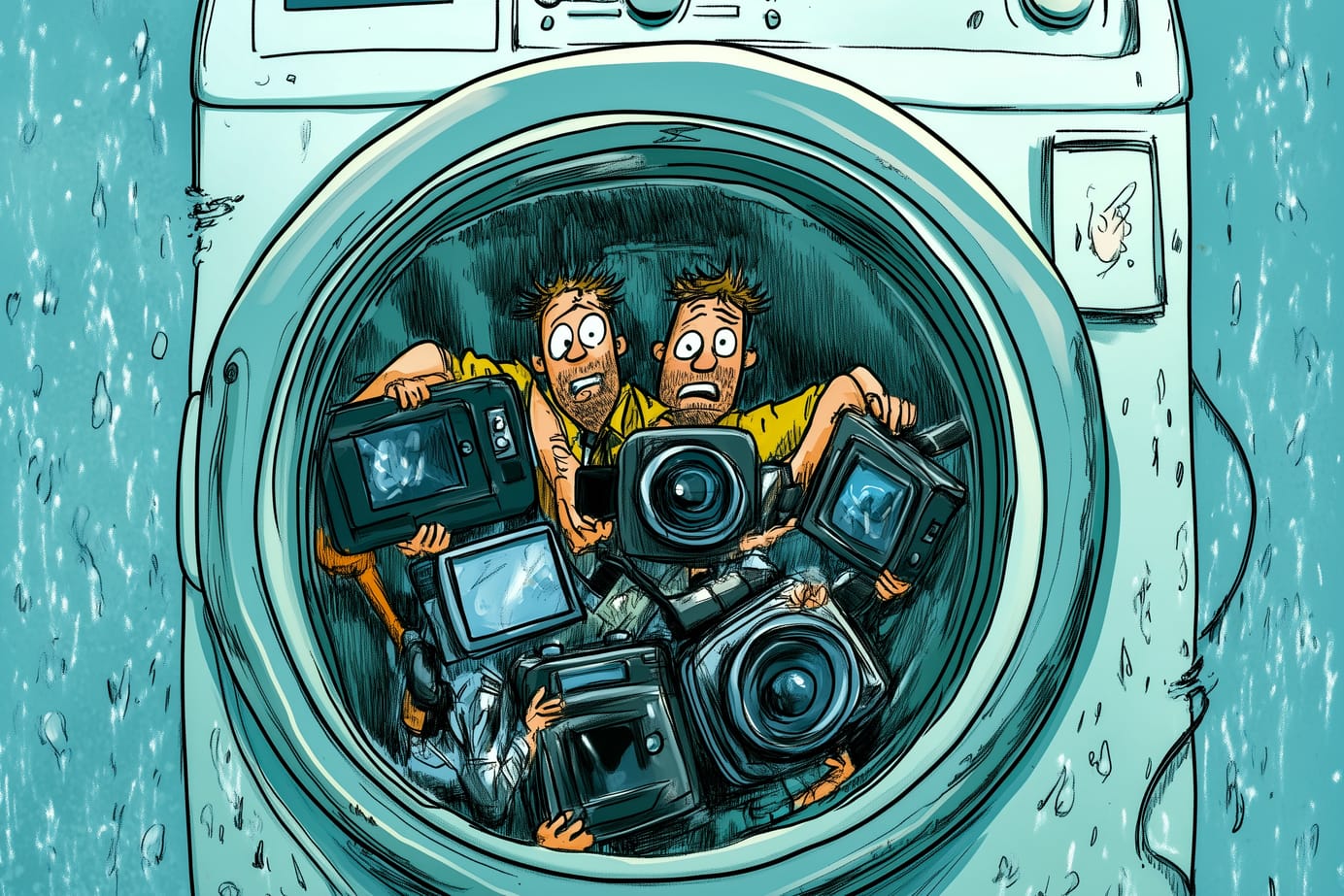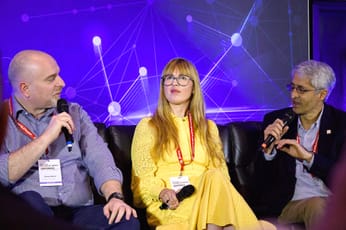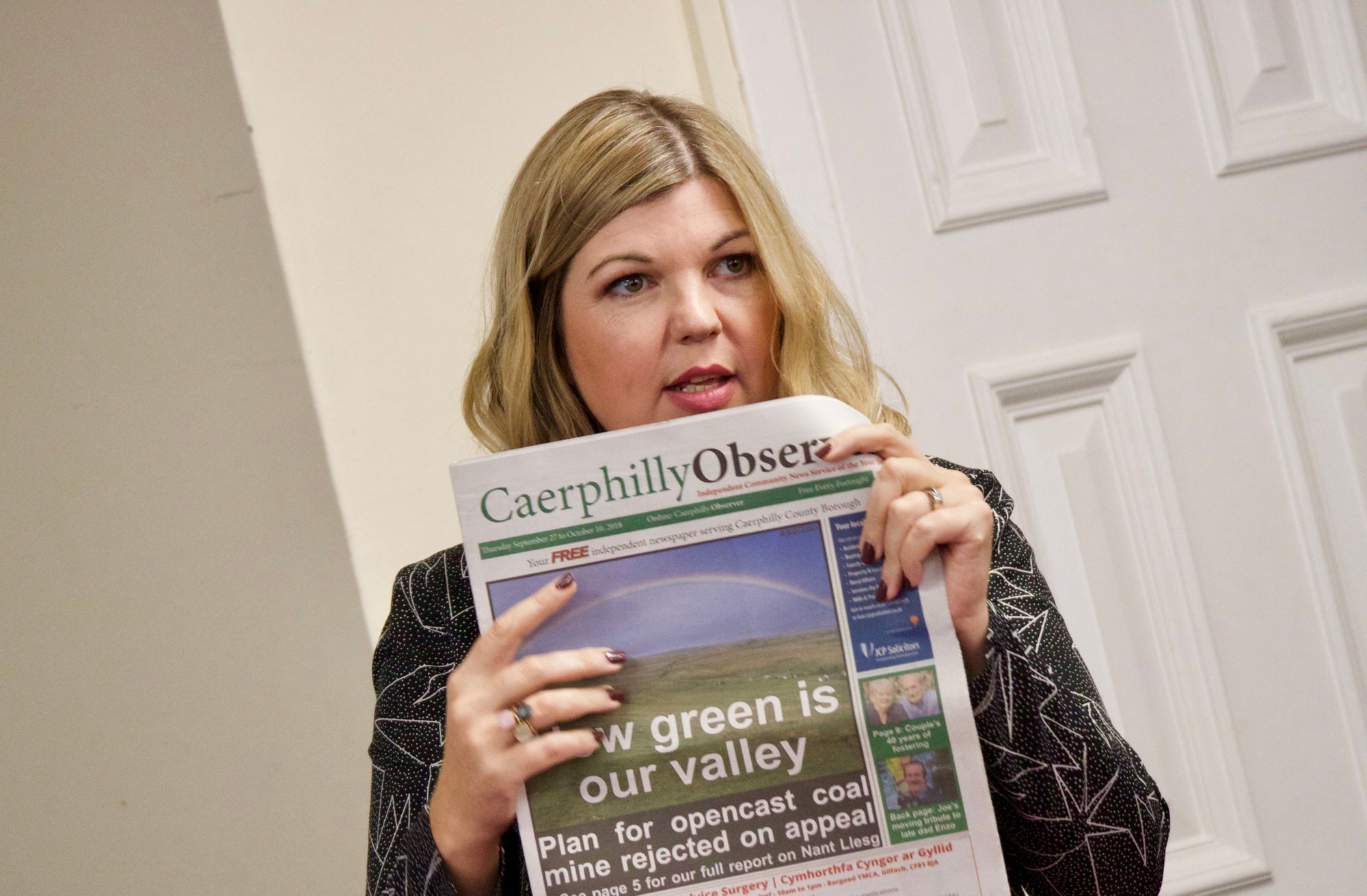
Welsh Hyperlocals - lessons from success and failure
Two examples of hyperlocal journalism - one that failed and one that is succeeding.
Liveblogged notes from the News Impact Summit Cardiff in October 2018. Prone to error, inaccuracy and howling crimes against syntax and grammar.
Rachel Howells
Former Editor, Port Talbot Magnet
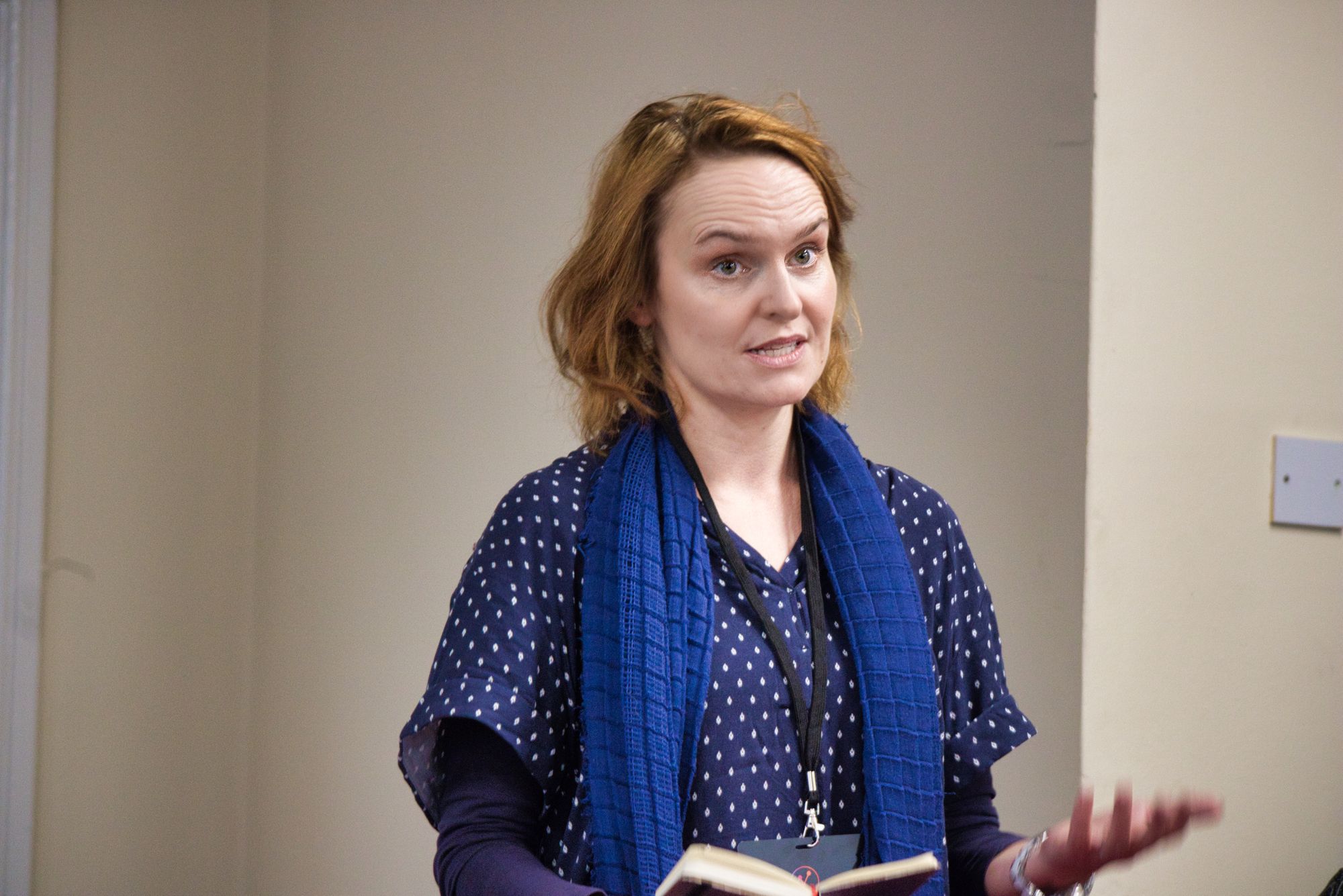
The Port Talbot Magnet came from a bitter battle for union recognition at a local paper in the last 2000s. Surprise, surprise, a bunch of them got made redundant a few years later. They set up a members co-operative to do something positive for the local area. Trinity Mirror was closing down the local titles - they saw a news black hold they could fill. They spent a year looking for funding, and nobody was interested.
So, they set up a website. They were print journalists building a website, so they were all at sea at first. Their first challenges was in covering The Passion, a Michael Sheen starring production by the National Theatre Wales. They covered the whole thing, from the build-up to the final performance. There were 1000 people in the cast of that play - and they covered all of it.
Over the next year or so, they covered the ups and downs of the life in that town: the steel industry, pollution and all the issues in the area. in the 1970s there were five newspapers in Port Talbot. By the 2000s, there were none. Between 1970 to 2010 we lost over 60% of our local journalists in South Wales.
Port Talbot Magnet eventually got some grant funding from Carnegie to support move into print. Published 11 bi-monthly issues. "Once we were in print, we were there." #NISCDF
— David Floyd (@davidsocialsp) October 15, 2018
They expanded into print, with a bi-monthly print edition when they had the advertising to make it stack up. But it's hard, and finding good sales people is really difficult. The first person they took on scammed then out of a few hundred quid and never sold anything. But print made a real difference - people started talking about us, we started going through their front door.
In the end, the steel crisis did for them. 750 jobs were lost from the economy in one go. Advertising vanished, and nine months later - after seven years of life - it closed.
Taken aback to discover from @raehowells the hyperlocal print title Port Talbot Magnet appealed to its readers for donations… and raised nothing. It closed two years ago. #NISCDF
— Darryl (@darryl1974) October 15, 2018
Micahel Sheen has come into the space and wants to help - he's a local boy with family in the area. He's commissioned Rachel to do some research on the effects on the community - and her PhD research already shows that they're tangible. The results of the research should be available in January. She's doing focus groups to find out what local people need, and exploring business models.
Richard Gurner
publisher & editor, Caerphilly Observer
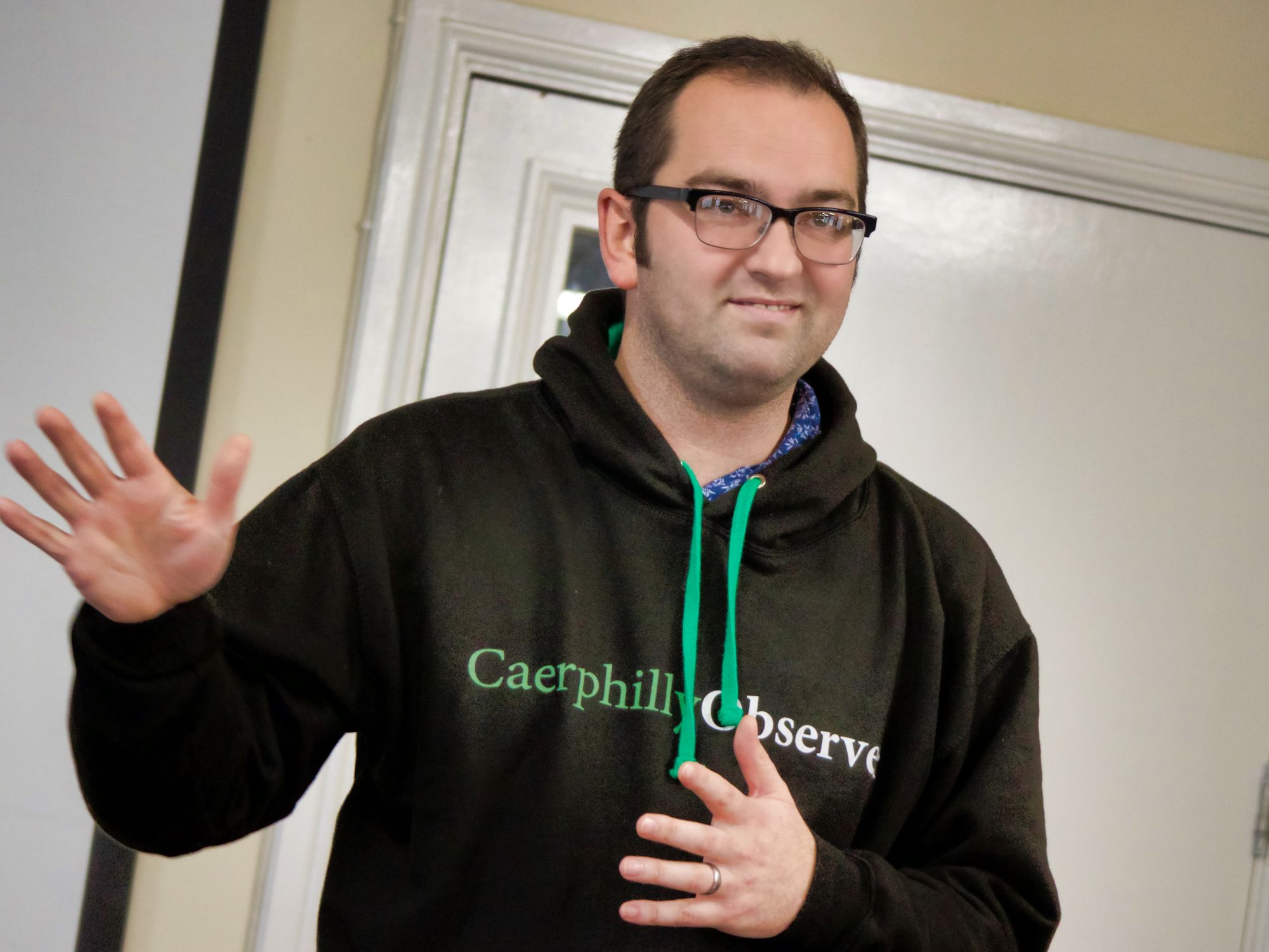
Richard has been a journalist since 2004, and while he was working for the Argus — while drunk on Brighton beach — he decided to launch his own website. He wasn't able to keep up with life in Caerphilly because the local paper, The Campaign, was barely being updated online.
Easy? Not so much. He got his old contacts book out from when he was working on The Campaign, and he struggled at first - especially as he was still in Brighton. Two years later - in 2011 - he and his wife decided to move back to Wales. His wife had a job - but what would he do? He decided to work on the site full time - but still couldn't make any money. He was relying on freelance. But a former colleague came on board to start selling advertising - and she taught him the value of thinking commercially. Editorially, you have to be above the money, but you do need to consider where it's coming from.
People were quite disappointed that they were digital-only. Some advertisers would only advertise if it was in print. By 2013, he committed to launching a fortnightly newspaper. He was given £2,500 by the council to pay for the first four editions. The difficulty was getting the advertisers in for the later editions. That said, they're up to 12,000 copies, distributed through various outlets. In the last three weeks The Campaign has stopped printing - the Caerphilly Observer is all that's left. And there's a real demand from retailers, readers and advertisers for more copies.
“Journalists have to realise money has to come from somewhere “ @RichardGurner #niscdf on his way to being forced to go up in print circulation and whether the make jump from fortnightly to weekly “people are asking me for more copies”
— Clare Cook (@cecook) October 15, 2018
There's a real challenge in finding the money to create a weekly edition at a higher circulation.
Key difference between the rise of the Observer and the fall of the Magnet? Markets. Different demographics, businesses, incomes, literacy... @EmmaMeese says this is a clear indicator that one size doesn't fit all. #NISCDF
— Adam Thomas (@datatheism) October 15, 2018
Sign up for e-mail updates
Join the newsletter to receive the latest posts in your inbox.


